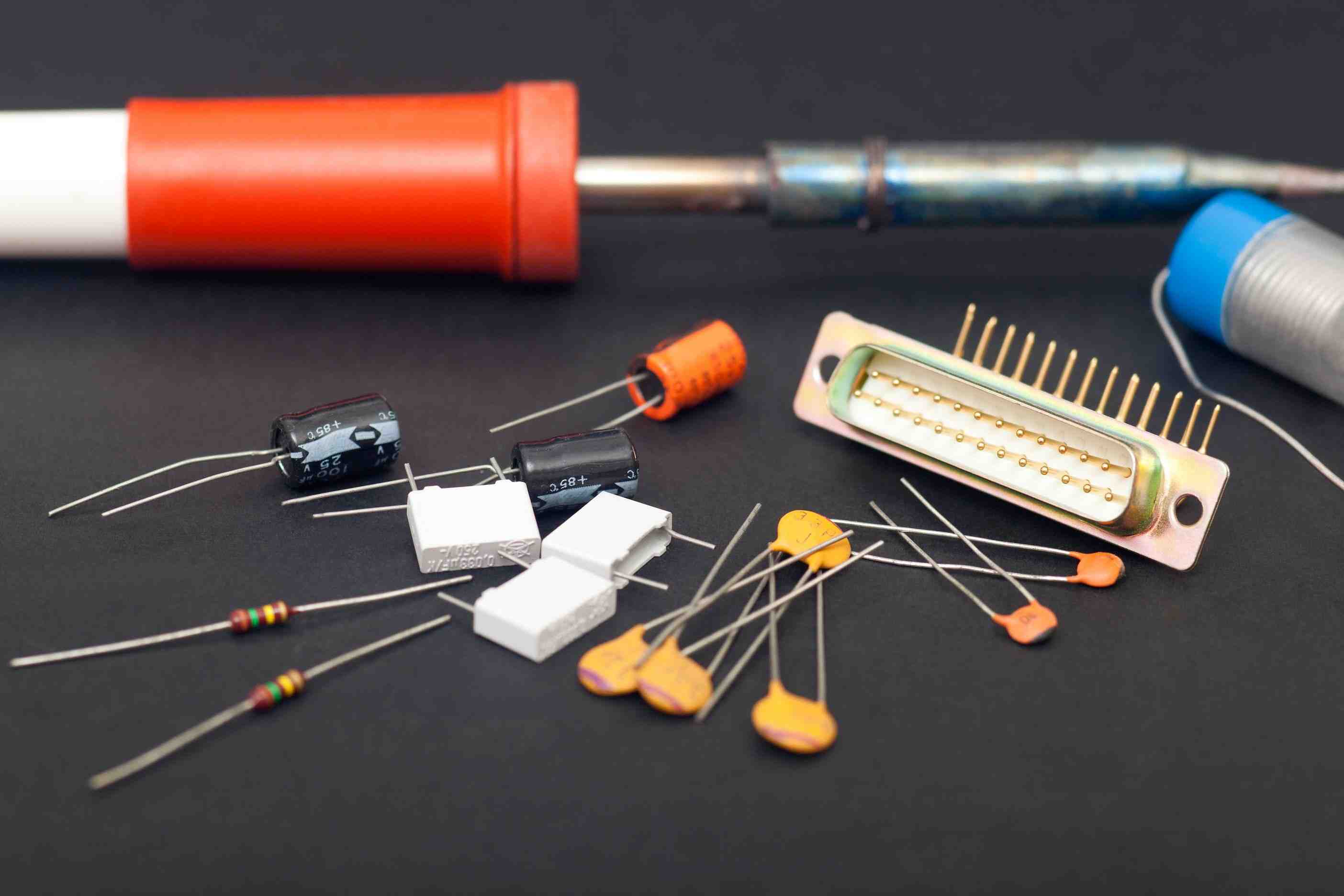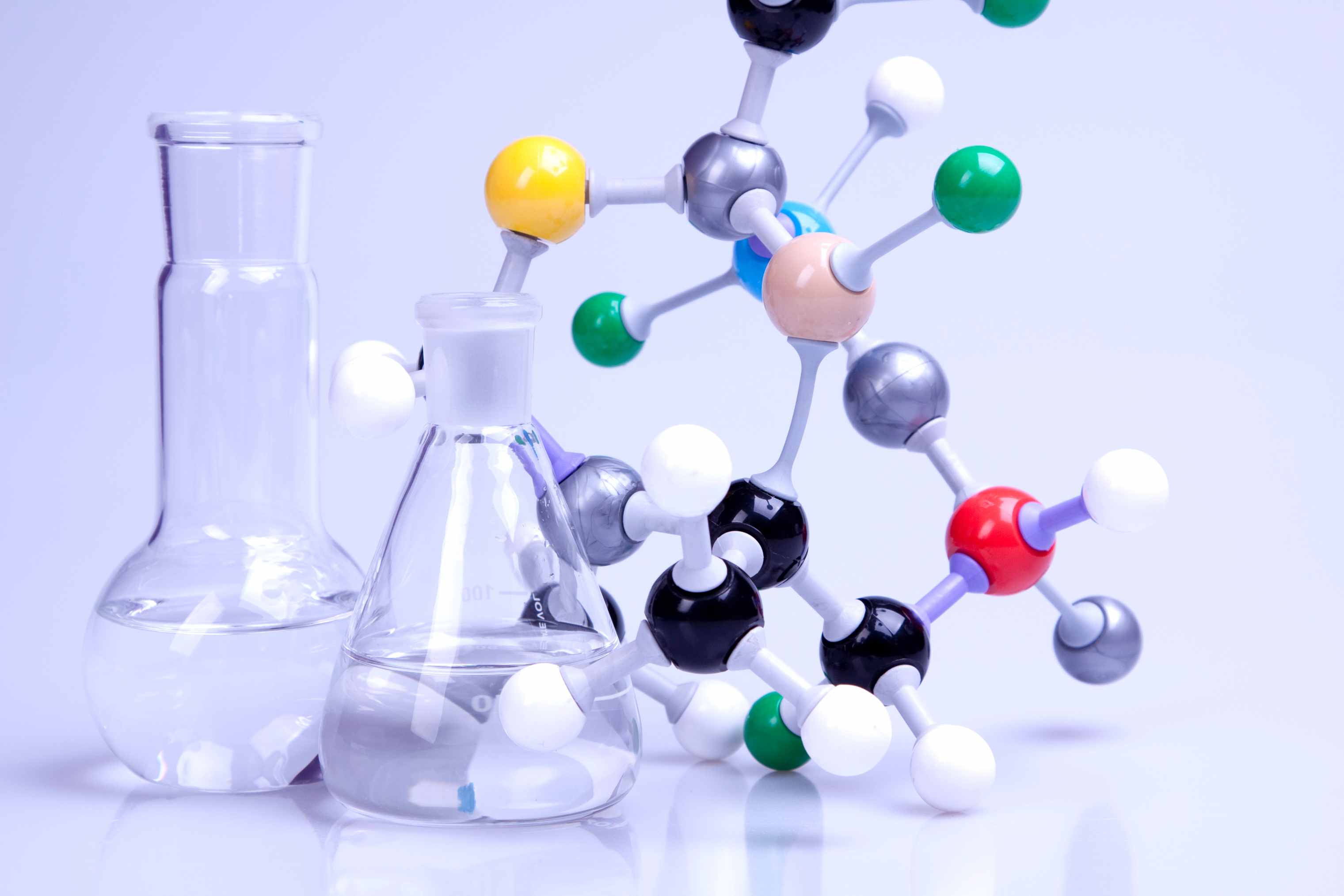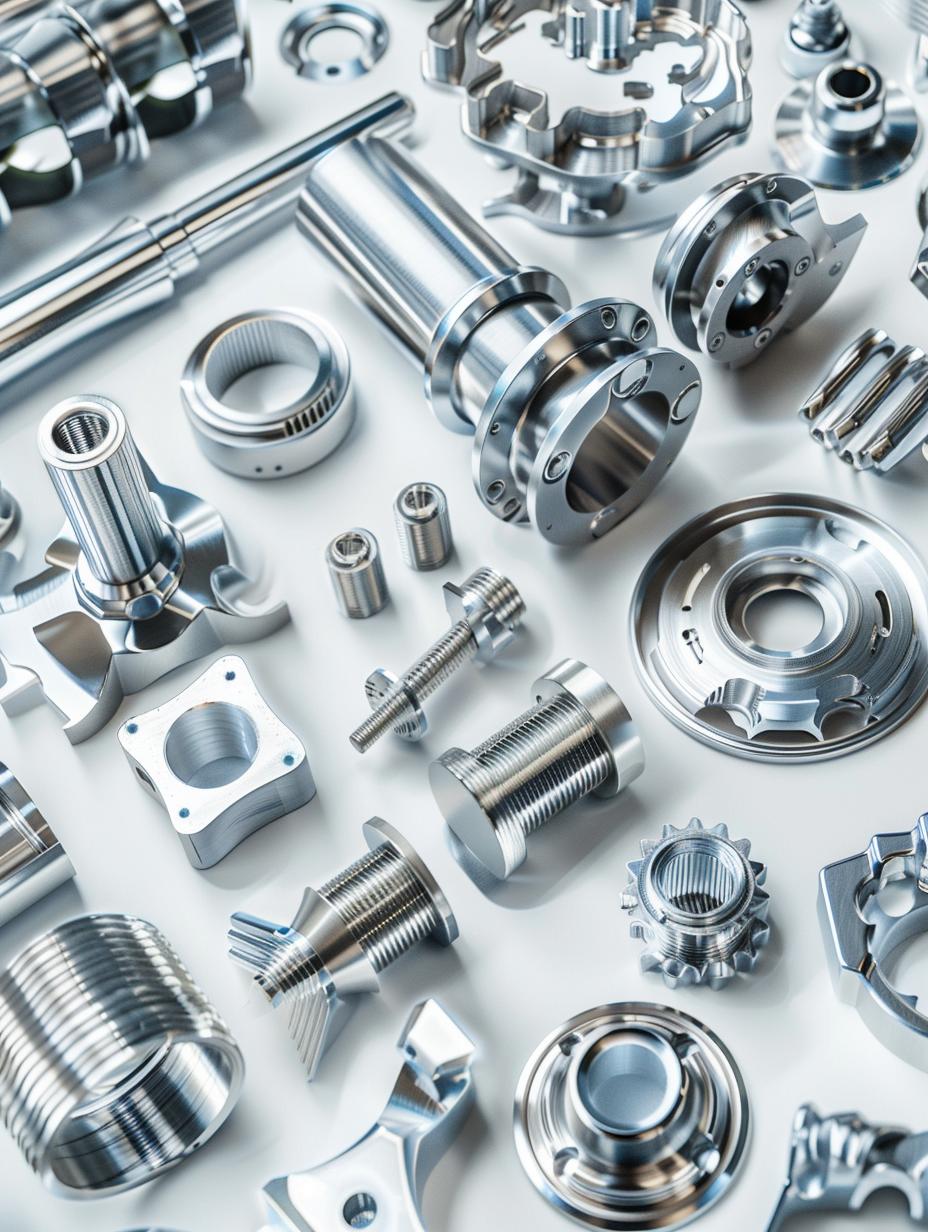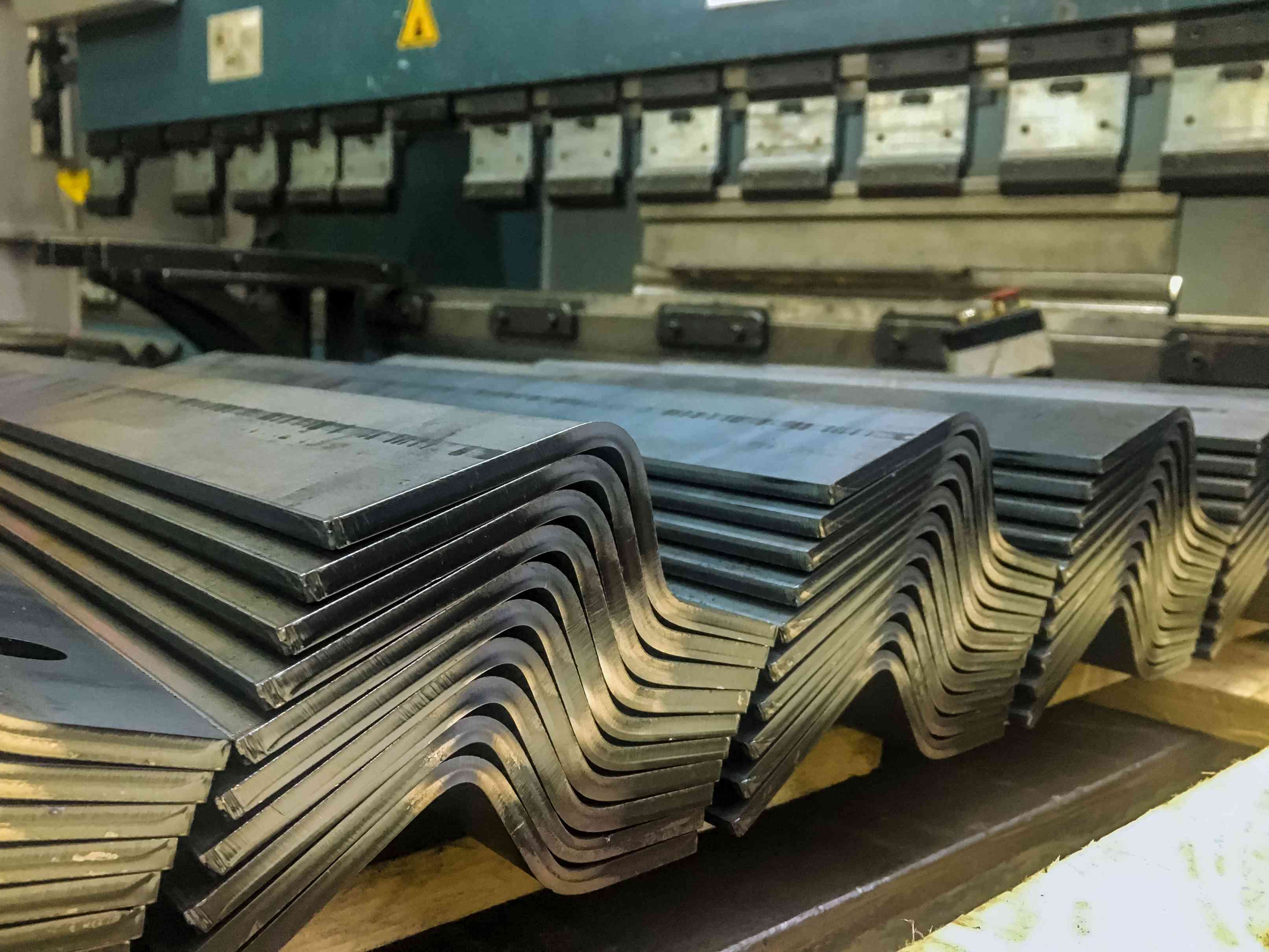




























In the extensive fields of material application and engineering practice, the bending performance of materials is crucial for the quality and reliability of products.

| Project Background
In the extensive fields of material application and engineering practice, the bending performance of materials is crucial for the quality and reliability of products. Whether it is the beam and column structures in construction engineering, the shaft parts in mechanical manufacturing, or the components such as casings and brackets in the electronics and electrical industry, they all need to have good bending resistance to withstand various external forces. With the continuous improvement of product performance requirements in various industries, accurately evaluating the bending performance of materials has become a key link in ensuring product quality and safety. For example, in the aerospace field, lightweight and high-strength materials need to have sufficient bending strength to ensure the integrity of the structure under complex stress environments; in the automotive industry, the bending performance of components directly affects the vehicle's controllability and durability.
| Project Overview
The bending test is mainly used to determine the bending strength of brittle and low-plasticity materials (such as cast iron, high-carbon steel, tool steel, etc.) and can reflect the deflection of plastic indicators. At the same time, this test can also be used to check the surface quality of materials. During the test, a universal testing machine is used to apply a bending load to the sample, causing the sample to undergo bending deformation. By measuring the force and deformation degree of the sample during the bending process, key parameters such as the bending strength and bending modulus of the material are obtained. The universal testing machine used in this project has stable performance and accurate measurement capabilities, and can accurately simulate the bending stress of materials in practical applications at room temperature, providing reliable data for material performance evaluation.
| Test Objective
Firstly, comprehensively test the strength and plasticity indicators of materials to deeply understand the mechanical behavior of materials under bending loads. By measuring the bending strength of materials, evaluate the ability of materials to resist bending failure; by reflecting the deflection of plastic indicators, understand the deformation characteristics of materials during the bending process, providing important basis for material selection and design.
Secondly, accurately measure the flexural strength and flexural modulus of materials. These parameters are of great significance for evaluating the flexural performance of materials, optimizing product design, and predicting the reliability of materials in practical applications. They can help engineers and researchers better understand and utilize the properties of materials and develop products that meet different application requirements.
| Testing Standards
GB/T232、ASTM A370和ASTM E290等。
GB/T 232, ASTM A370, ASTM E290, etc.
| Service Products / Fields
The flexural performance test has a wide range of applications and can be carried out at any stage of production, from the re-inspection of raw material quality to the inspection of product durability. The test can be conducted on a variety of materials and products, including metallic materials such as various types of steel, aluminum alloys, copper alloys, etc. These metallic materials are widely used in fields such as mechanical manufacturing and construction engineering, and their flexural performance directly affects the load-bearing capacity and stability of structures; polymer materials such as plastics and rubbers, which are commonly used in fields such as electronics and electrical appliances, and automotive parts, and the flexural performance has an important impact on their assembly and service performance; composite materials such as carbon fiber composites and glass fiber reinforced plastic composites, which are widely used in fields such as aerospace and sports goods, and accurate flexural performance data helps to optimize material design and improve product performance; as well as components and structural parts such as mechanical shaft parts and building structural beams, whose flexural performance is directly related to the safety and reliability of the entire system.
| MTT Advantages
1. Professional Team: A team of highly experienced testing engineers and technical experts.
2. Advanced Equipment: Equipped with internationally leading testing instruments to ensure accuracy and reliability of results.
3. Efficient Service: Rapidly respond to customer needs and provide one-stop, high-efficiency inspection services.
4. Authoritative Certification: The laboratory is certified by ISO/IEC 17025, ensuring that test reports have international credibility.



